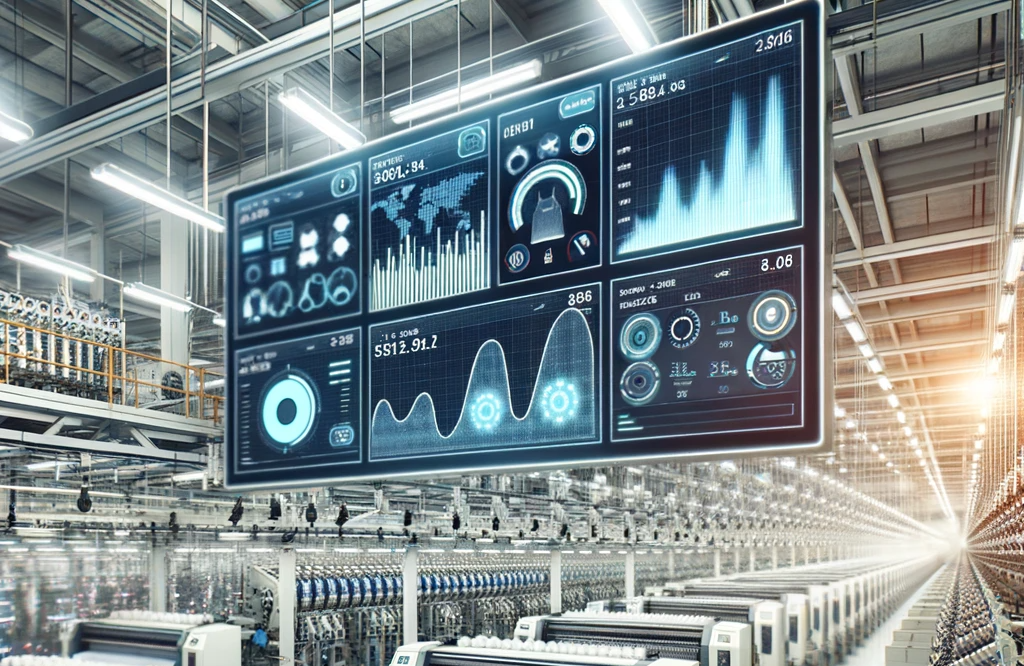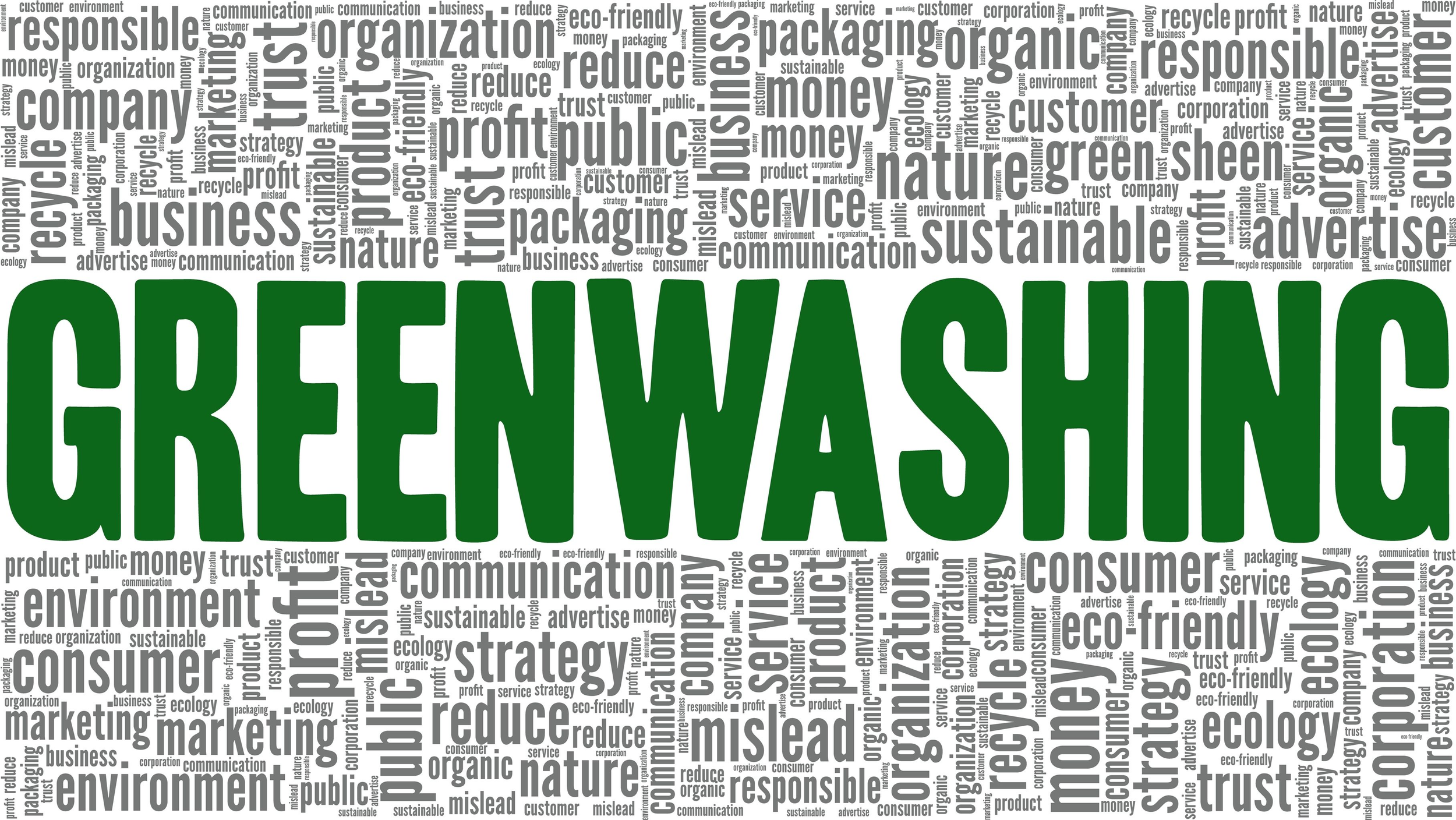Understanding the impact of this practice is vital for companies striving to enhance product quality, reduce costs, and bolster sustainability by accurately measuring and optimizing water and energy (or resource) consumption in the ever-evolving landscape of fashion and textiles.
Read MoreAmid the urgency of environmental concerns, companies are embracing green images, but deceptive practices like greenwashing persist. By manipulating data, even average figures, companies mask their true impact. Real solutions lie in transparency, accurate data, and modern tools that empower stakeholders to see beyond the surface, making informed choices for a genuinely sustainable future.
Read MoreFood waste in particular has a negative impact on our environment. Because when we throw away food, we also lose the resources that were used for it on the way from the field to the plate, for example for processing, transport or cooling.
Read MoreThe Tropenhaus Frutigen fish farm in Switzerland is considered a pioneering effort for the sustainable breeding of Siberian sturgeon. It's also the production site of the pure Swiss Alpine caviar made by Oona.
Read MoreWhen Sarah Krause, passionate advocate for soil regeneration, founded Solai Fashion in 2018, she did it with the determination to prove that exciting, modern fashion could be climate-beneficial. We were super lucky she agreed to work with us at Pure London in 2019 where she debuted Bomler supply-chain transparency tags on Solai’s Spring 2019 collection.
Read MoreThe concept of improving sustainability by applying it to supply chains is still in its infancy. With 80% of a typical consumer company’s greenhouse gas emissions originating in its supply chain, however, it’s the best place to start working on those sustainability goals.
Read MoreBomler for Business and the UK fashion brand Solai are pleased to announce their collaboration to solidify Solai’s commitment to eco-friendliness, regenerative manufacturing and a transparent supply-chain.
Read More





![3 Challenges of Sustainable Supply Chain Management [and How to Solve Them]](https://images.squarespace-cdn.com/content/v1/5963587e17bffcb9260a13f7/1596213097734-XZH5ZRN24X9DA2IT8JGM/2020-07-31--3+challenges_sustainable_supply_chain_management.png--homepage.png)
